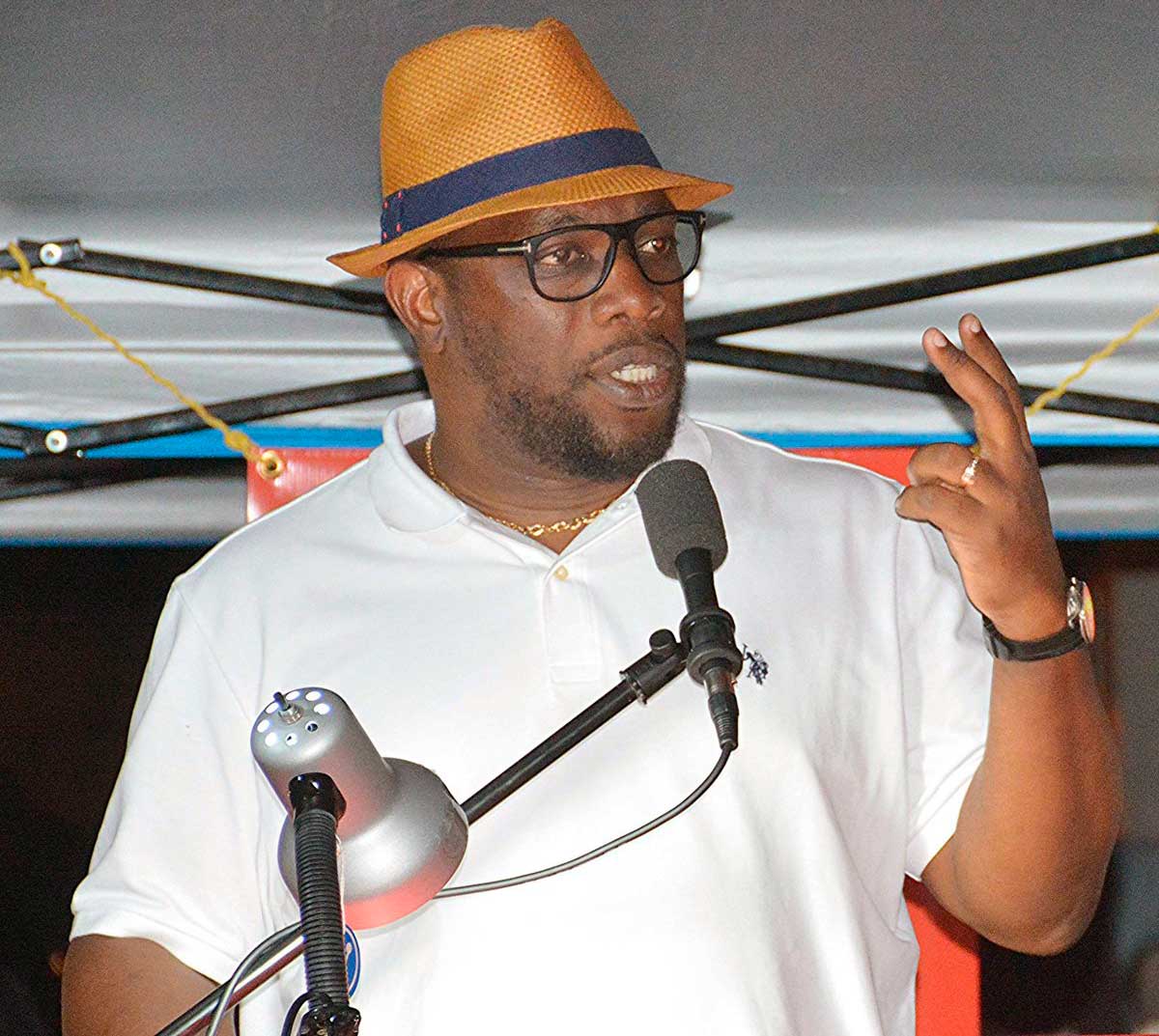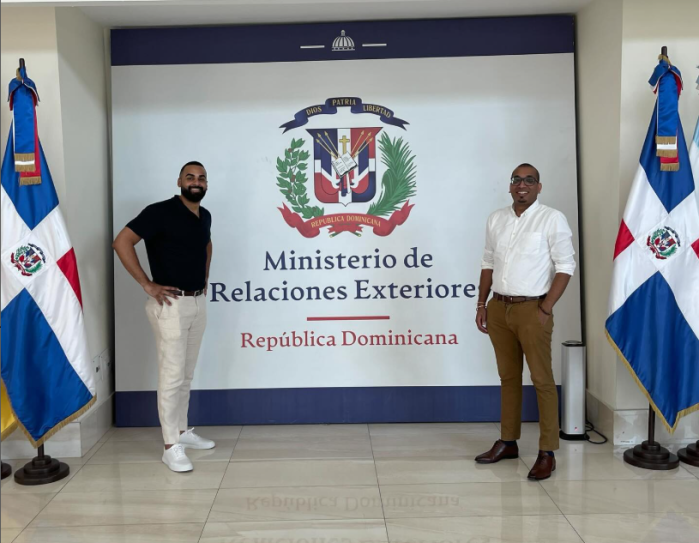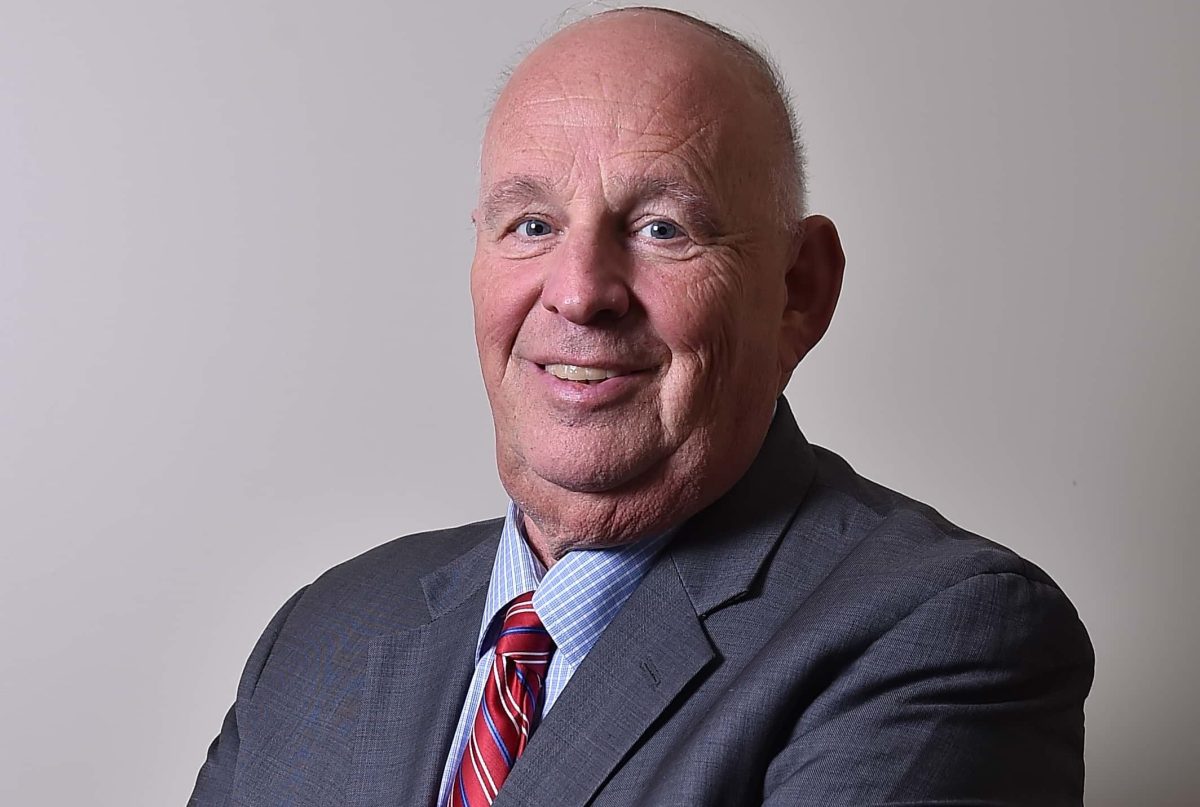Maneuvers by Barbados’s elections authority has attorney-at-law Gregory Nicholls claiming that there may be a concerted effort to deny the right of thousands of Caribbean citizens resident in Barbados more than three years to vote in the island’s elections.
Following a recent High Court and Appeals Court ruling that citizens of the British Commonwealth who were resident in Barbados for the three-year period are legally entitled to vote, once they apply to be registered, the Electoral and Boundaries Commission (EBC) however said not so.
The EBC said Wednesday, through its lawyer, that the resultant ruling of the Appeals Court can be interpreted to mean the elections authority correct in its stance that only non-Barbadians with permanent residence or immigrant status are allowed to vote.
This EBC’s position, outlined in a media briefing, conflicts with its withdrawal of the challenge to the High Court ruling amidst the hearing of the appeal in March.
That withdrawal had effectively cleared the way for Commonwealth citizens resident in Barbados to vote.
This EBC change of heart by once again objecting to ordinarily resident non-Barbadian Commonwealth citizens being allowed to cast ballots in national elections is likely to see a large number of Caribbean persons being denied that right.
Going by Barbados’ last population census, conducted in 2010, this means the ballot box is again closed to thousands of Commonwealth citizens living on the island with the majority being 14,806 nationals of other CARICOM states.
Barbados’ censuses are conducted every 10 years, so consideration must be given to likely changes in the numbers eight years after the last count as some emigrants might have left while other came in, and there would be deaths.
Guyanese led the list in the census, numbering 6,277. Persons from St. Vincent and the Grenadines are a distant second with 2,964 nationals, and British citizens account 2,389. The English are closely followed by St. Lucia with 2,073 nationals.
These numbers are extracted out of total resident population of 277,821 including children.
The EBC’s interpretation of the Appeals Court’s ruling means that these people would not be allowed to cast ballots in the May 24 poll.
With polling day being under two weeks away, members of the legal team that had challenged the EBC are accusing that authority of employing stalling tactics, which effectively exclude these potential voters because any other court action in protest would not be heard before elections.
“The fact of the matter is that time was always against us so the Electoral and Boundaries Commission can afford to play fast and loose with the processing of these applications. I am not sure how effective the fight is going to be before election,” Nicholls told the Barbados TODAY newspaper.
“They are being disingenuous and they are telling lies. The ruling of the court is clear, and their attorney is misleading the public.”
“The most you can [do is] object and if they don’t approve the objection then you would have to go court where you could get monetary compensation. By that time the elections would have already been passed,” Nicholls said.






















